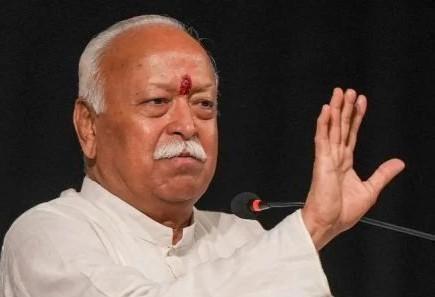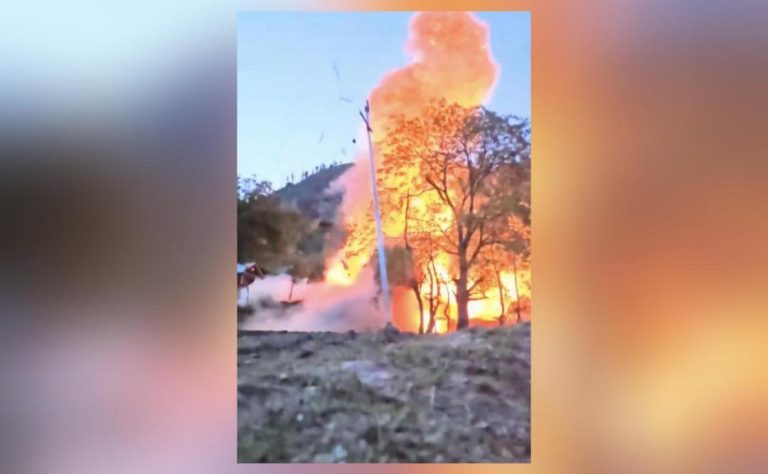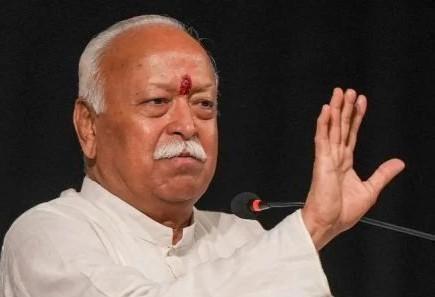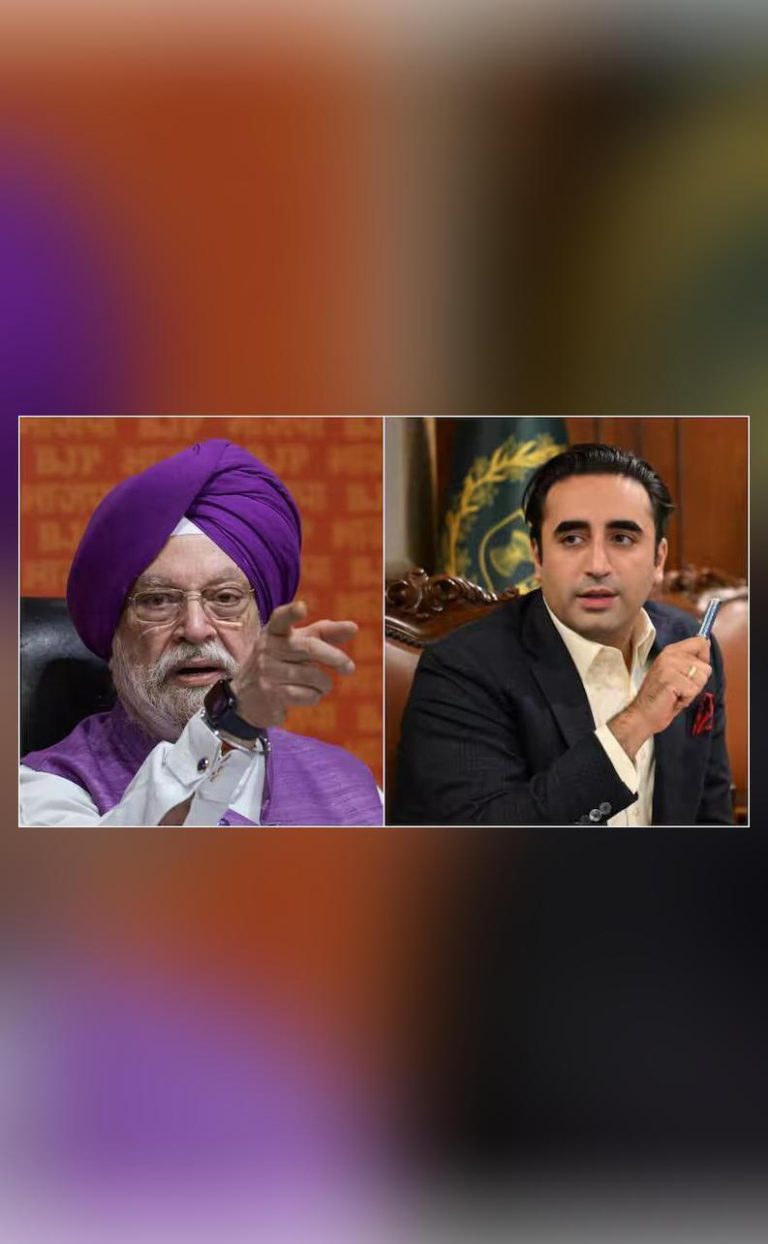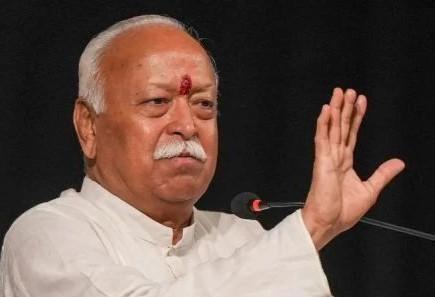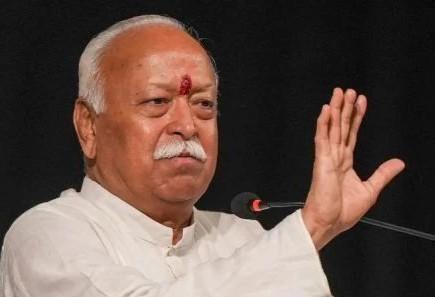
If someone turns to evil then we’ll teach lesson: Bhagwat on J&K attack
The recent terror attack in Pahalgam, Jammu and Kashmir, has sent shockwaves across the country, leaving many injured and several dead. In the wake of this heinous act, RSS chief Mohan Bhagwat has made a statement that has sparked controversy and debate. In a veiled threat, Bhagwat said that if someone turns to evil, then they will be taught a lesson. While his statement has been interpreted in many ways, it has also raised questions about the nature of violence, non-violence, and the role of the state in protecting its citizens.
According to Bhagwat, non-violence is India’s religion, but so is teaching a lesson to “oppressors and hooligans”. He stated, “We never harm or disrespect our neighbours, but if someone is bent on being evil, what is the cure? The king’s duty is to protect the people, and he will do his duty.” These words have been seen as a clear warning to those who perpetrate violence and harm in the name of terrorism or any other ideology.
Bhagwat’s statement has been met with both praise and criticism. Some have seen it as a necessary measure to curb the spread of terror and violence, while others have criticized it as a form of incitement to violence. The RSS chief’s words have also sparked a debate about the role of the state in protecting its citizens and the limits of its power.
It is true that the state has a duty to protect its citizens from harm and violence. However, this duty must be exercised within the bounds of the law and without infringing upon the fundamental rights of its citizens. The Indian Constitution guarantees the right to life and liberty to all citizens, and the state must ensure that these rights are protected and upheld.
However, Bhagwat’s statement has also been criticized for its ambiguity and vagueness. What does he mean by “teaching a lesson” to those who perpetrate violence? Does he mean that the state should use force to punish those who harm others, or does he mean something else entirely? The lack of clarity in his statement has led to misinterpretation and confusion, and has raised concerns about the potential for violence and harm.
In addition, Bhagwat’s statement has also been seen as a form of justification for state-sponsored violence and repression. The history of India is replete with instances of state-sponsored violence and repression, particularly against marginalized communities and social activists. Bhagwat’s statement has been seen as a justification for such violence, and has raised concerns about the potential for further human rights abuses.
It is also important to note that Bhagwat’s statement has been made in the context of a specific cultural and historical context. The RSS is a right-wing organization that has a long history of promoting hindutva ideology and has been accused of promoting communalism and violence. Bhagwat’s statement must be seen in this context, and must be interpreted with caution.
In conclusion, Bhagwat’s statement has sparked a debate about the nature of violence, non-violence, and the role of the state in protecting its citizens. While his statement has been seen as a necessary measure to curb the spread of terror and violence, it has also been criticized for its ambiguity and vagueness. The state has a duty to protect its citizens, but this duty must be exercised within the bounds of the law and without infringing upon the fundamental rights of its citizens. It is essential that we approach this issue with caution and sensitivity, and that we promote a culture of non-violence and respect for human rights.
Source: https://youtu.be/SpAKVWl5wII
